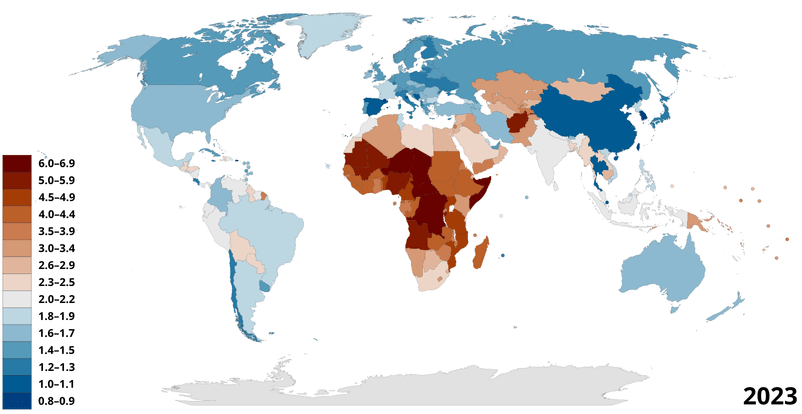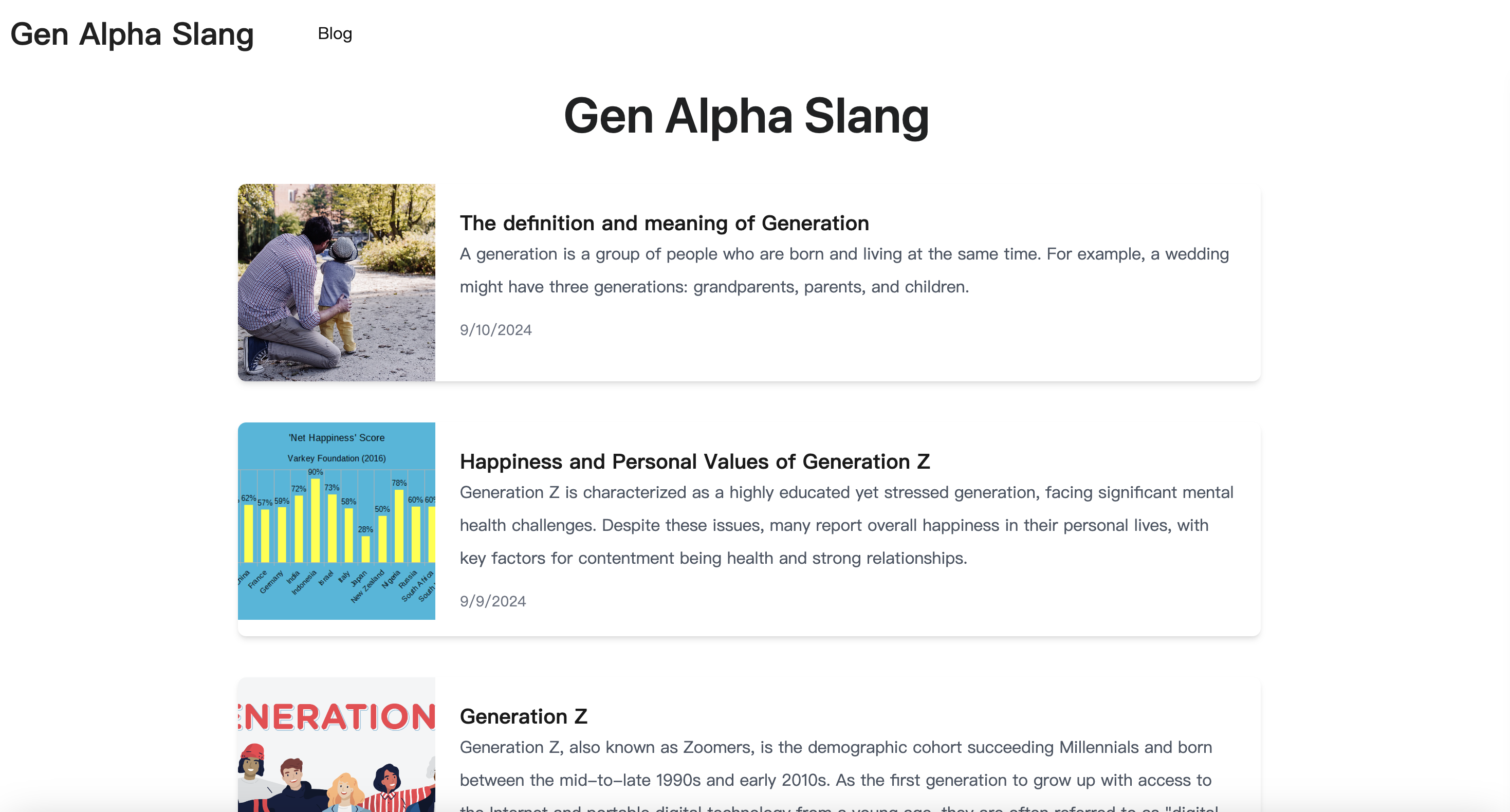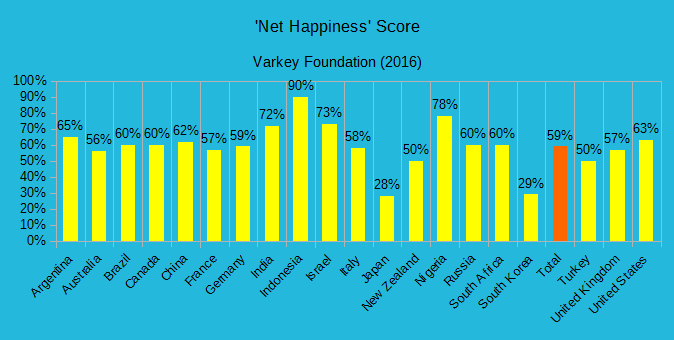Generation has multiple definitions, including:
A group of people born around the same time
A generation is a group of people who are born and living at the same time. For example, a wedding might have three generations: grandparents, parents, and children.
A period of time
A generation can also refer to the average time it takes for children to be born, grow up, become adults, and have children. This period is generally considered to be 20–30 years, but can vary based on society and gender.
A line of descent
A generation can also refer to a group of living beings that are part of a single line of descent from an ancestor.
A type or class of objects
A generation can also refer to a type or class of objects that are usually developed from an earlier type.
The following content is referenced from wikipedia:
A generation is all of the people born and living at about the same time, regarded collectively. It also is "the average period, generally considered to be about 20–30 years, during which children are born and grow up, become adults, and begin to have children."
In kinship, generation is a structural term, designating the parent–child relationship. In biology, generation also means biogenesis, reproduction, and procreation.
Etymology of Generation
The word generate comes from the Latin generāre, meaning "to beget". The word generation as a group or cohort in social science signifies the entire body of individuals born and living at about the same time, most of whom are approximately the same age and have similar ideas, problems, and attitudes.
Social generation
Social generations are cohorts of people born in the same date range and who share similar cultural experiences. The idea of a social generation has a long history and can be found in ancient literature, but did not gain currency in the sense that it is used today until the 19th century. Prior to that, the concept "generation" had generally referred to family relationships and not broader social groupings.
Generational theory
The sociologist Karl Mannheim was a seminal figure in the study of generations. He elaborated a theory of generations in his 1923 essay The Problem of Generations.
Mannheim identified three commonalities that a generation shares:
- Shared temporal location: generational site or birth cohort
- Shared historical location: generation as actuality or exposure to a common era
- Shared sociocultural location: generational consciousness or entelechy






